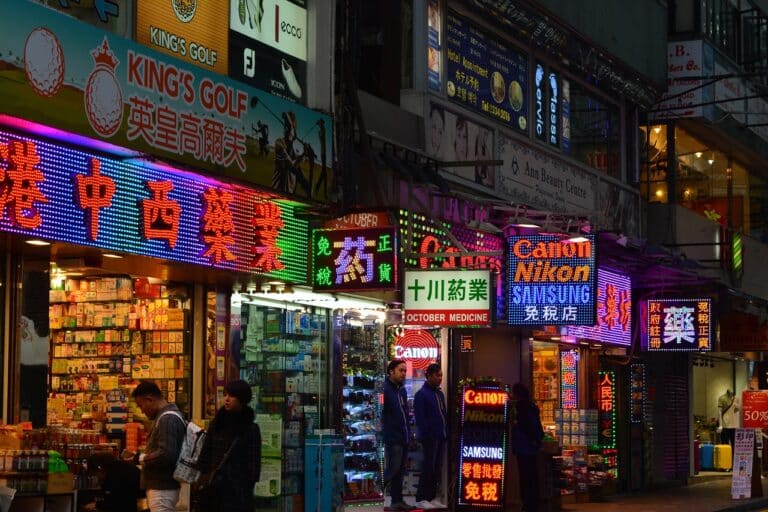(Hong Kong) Official Hong Kong and Chinese Christian organizations increased their bilateral communication with both sides frequently exchanging visits. For the first time, they held a joint seminar on the Sinicization of Christianity. The meeting lasted two days on the fourth floor of the YMCA of Hong Kong.
The arrival
According to Hong Kong’s Christian Times, a delegation of about two dozen from China’s state-sanctioned groups, the China Christian Council (CCC) and the Three-Self Patriotic Movement (TSPM), arrived in Hong Kong. Together, with pastors and scholars from Hong Kong, a total of about 120 people attended the seminar. Participants included teachers from Hong Kong seminaries and leaders of different denominations, churches, and Christian organizations.
“Importance” of Sinicization
Rev. Wong Ka-fai, the chairperson of the Hong Kong Christian Council, gave some opening remarks. “The Sinicization of Christianity is a very important research field for the churches and academia in the mainland,” he said. “To understand the situation of the churches in China, this issue cannot be ignored.”
Wang pointed out that in the past, Hong Kong churches did not often discuss the concept of Sinicization. He hoped to deepen this discussion in the future.
What is Sinicization?
Sinicization of religion, especially in the case of Christianity, is an effort from Chinese Communist Party (CCP) officials to mold beliefs to have “Chinese characteristics.” In other words, the CCP wants official religions to be more compliant with Communist ideology.
Conducive to social harmony
Pastor Wu Wei, president of the China Christian Council, expressed that restarting the exchange on this topic is paramount. Adhering to Sinicization is to “take the core values of socialism as the origin, carry forward the fine traditions of the Chinese nation, and cultivate the concepts such as unity, progress, peace, and tolerance.” He also claimed that more “church education” could lead to social harmony, progress, and a healthy civilization. Churches must be educated to meet the developmental requirements and be up to pace with the progress of contemporary China.
Pro-Beijing Perspective
Ta Kung Pao, a pro-China Hong Kong publication, quoted Wu Wei saying that the “Sinicization of Christianity” should be guided by the core values of socialism and immersed in excellent traditional culture. According to their article, Hong Kongers should get rid of the mentality of reverencing all things foreign and tell more stories from Chinese history.
CCP Support
Sinicization of Religion has been repeatedly promoted in different provinces in mainland China in recent years. The CCP and their organizations regularly advance this issue, like the National Religious Affairs Administration and the United Front Work Department. They hope to transform religions and religious groups as tools of their regime. These initiatives received positive responses from state-sanctioned religious groups.
A Threat to Christianity and Islam
Xi Jinping’s Sinicization of religion not only targets Christianity but also Islam. Beijing released a white paper on April 3, 2018, titled “China’s Policies and Practices on Protecting Freedom of Religion Belief.” The official notice emphasized the need to “incorporate religious work into the national governance system and use laws to regulate various social relations involving religion.”
Radical campaign
China has embarked on a radical Sinicization campaign, using the issue as bait for the Communist Party’s United Front Department. Some religious groups that used to be relatively tolerated by officials are watching helplessly as religious freedom evaporates under Xi Jinping’s administration.
The fact that a Sinicization conference was held in Hong Kong for the first time shows that Christianity in Hong Kong is under political pressure. But Chairman Mao Zedong failed in eradicating Christianity, and Xi Jinping will be even less successful.
~Gao Zhensai, Special Correspondent of ChinaAid

